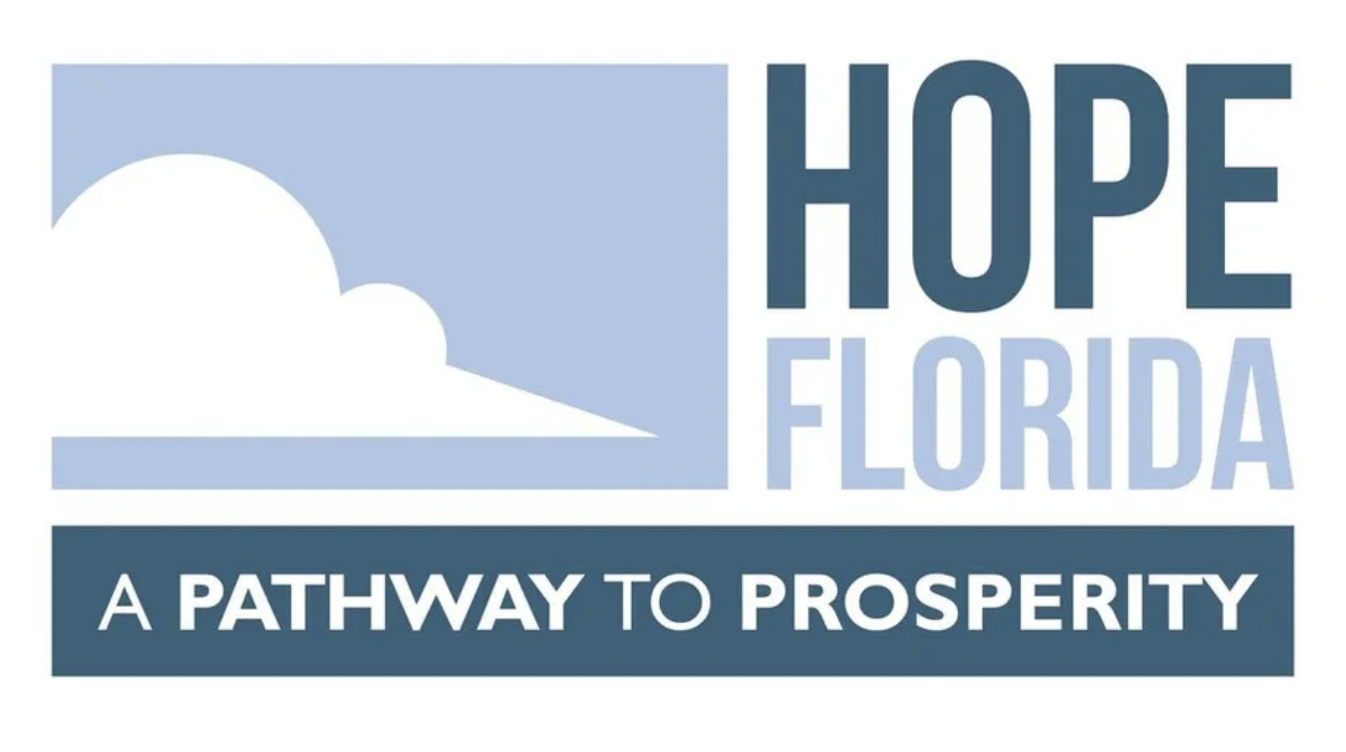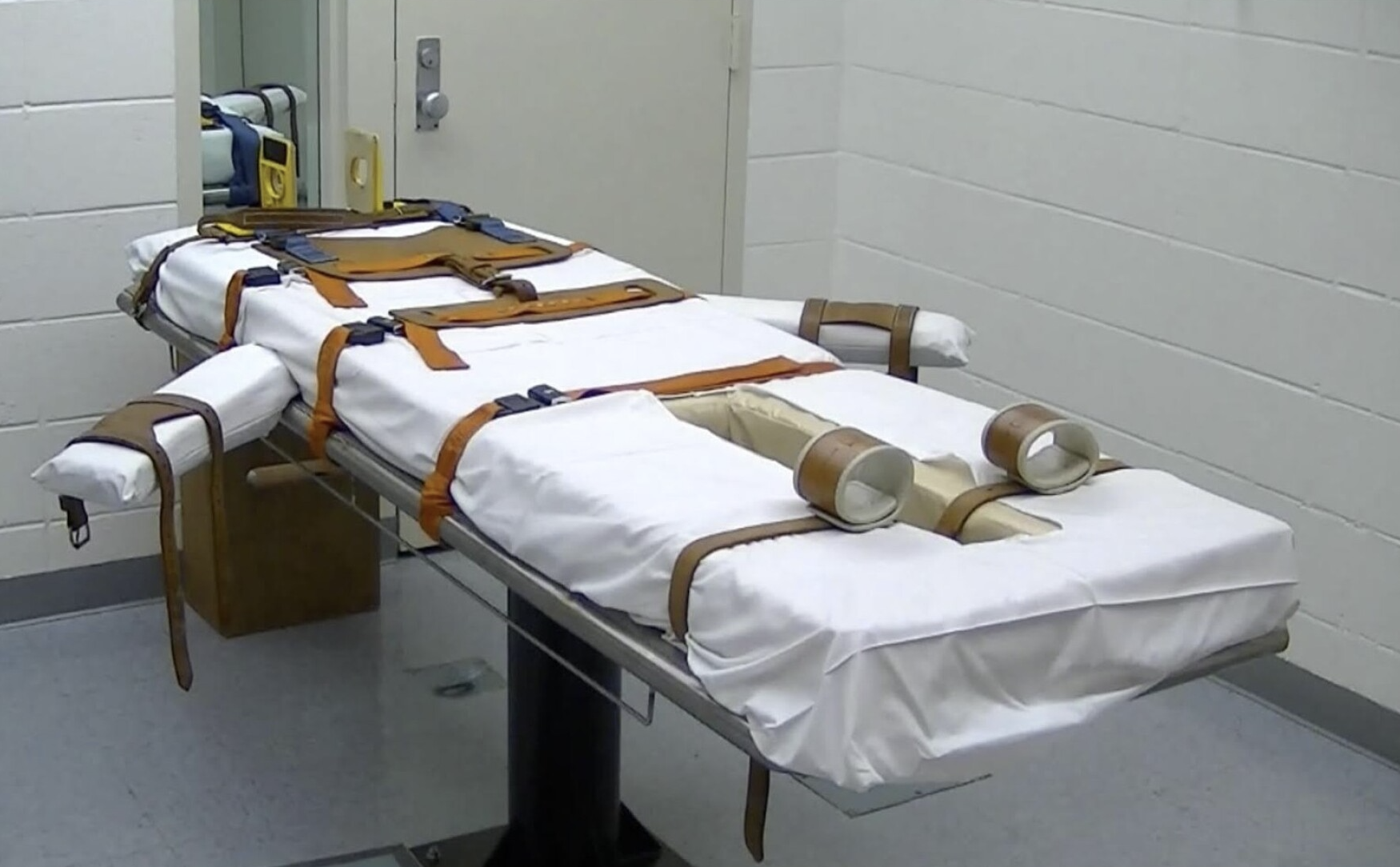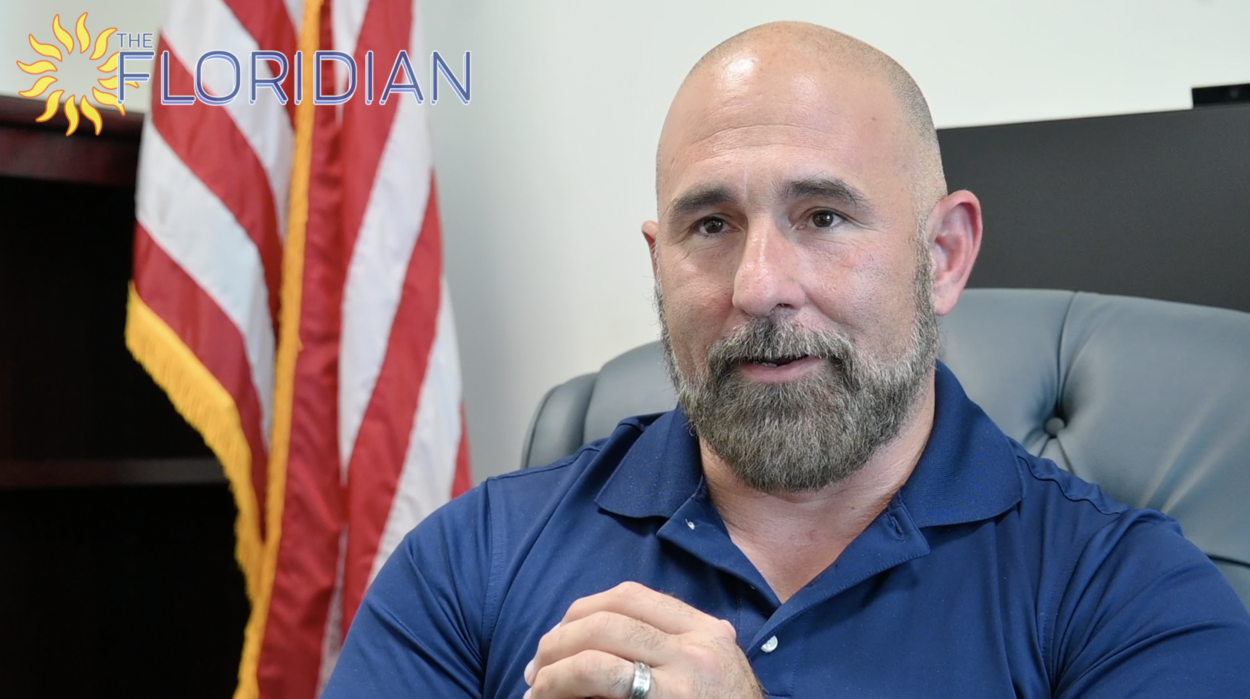By Karla Maldonado
In 43 states in our nation, highly trained Certified Registered Nurse Anesthetists (CRNAs) are able to practice to the full extent of their education and training, without unnecessary obstacles and supervision requirements. Unfortunately, Florida is not one of those states—and that is causing a brain-drain of CRNAs here in the Sunshine State that threatens access to patient care.
As a CRNA and nurse anesthesia educator, I find this trend especially concerning. A survey of five nurse anesthesiology education programs in Florida showed that we are losing 32.8 percent of our graduates each year. And where are they choosing to go? That same survey found that 84.5 percent are moving to one of those 43 states where they are allowed to use their full range of skills and knowledge to serve patients without illusory paper supervision by physicians.
The good news is that two champions of patient access in our state legislature are sponsoring bills to fix this healthcare workforce issue. Senator Blaise Ingoglia and Representative Mike Giallombardo have introduced Senate Bill 810 and House Bill 257 respectively, which would bring Florida’s restrictive laws into alignment with modern practice across the country. It is important to note that the proposed legislation would not expand CRNAs’ scope of practice, only allowing them to practice independently to the full extent of their training.
It is also important to view this issue in the larger context of Senate President Kathleen Passidomo’s admirable “Live Healthy Act,” which is focused on addressing Florida’s healthcare workforce shortage as a priority in the 2024 legislative session. There is an opportunity to further enhance President Passidomo’s important initiative by incorporating Advanced Practice Registered Nurses (APRNs) and CRNAs into this proposal, since they are such a crucial part of today’s patient care team, along with physicians.
For decades, CRNAs have proven themselves as experts in delivering safe anesthesia care and doing so without the supervision of a physician. In the U.S. military, CRNAs have full practice authority and are the sole anesthesia providers on forward surgical teams, on the front lines, on Navy ships and for aircraft evacuation teams. In America’s small rural hospitals, many of which are struggling financially and threatened with closure, independent CRNAs are the predominant providers of anesthesia care—a model that reduces costs and preserves access to critical patient services.
For me, this issue of access to patient care is a personal passion. For many years, I have participated in annual mission trips to Guatemala to provide surgical anesthesia care to local residents. It has been my privilege to travel with other CRNAs and my students and residents from the University of South Florida (USF) College of Nursing. I have watched as these healthcare professionals deliver safe anesthesia care directly to patients, using every bit of the knowledge and skill they have worked so hard to acquire. In many of these settings, the facilities would not be able to afford to have a physician to supervise anesthesia delivery.
Following these mission trips, many students have chosen to practice in rural or underserved communities after completing their training. For all of these reasons, I believe that we need to retain more of our newly trained CRNAs to stay here in Florida, to meet the healthcare needs of Florida’s patients. I urge you to support SB 810 and HR 257 in the state legislature to modernize our laws, reduce healthcare costs and ensure access to care for Floridians.
 Karla Maldonado, DrAP, CRNA, APRN, FAANA, is Assistant Program Director of the USF College of Nursing Doctor of Nursing Practice Nurse Anesthesiology Major, and president of the Florida Association of Nurse Anesthesiology. She was the recipient of the American Association of Nurse Anesthetists Janice Drake CRNA Humanitarian Award in 2020.
Karla Maldonado, DrAP, CRNA, APRN, FAANA, is Assistant Program Director of the USF College of Nursing Doctor of Nursing Practice Nurse Anesthesiology Major, and president of the Florida Association of Nurse Anesthesiology. She was the recipient of the American Association of Nurse Anesthetists Janice Drake CRNA Humanitarian Award in 2020.









